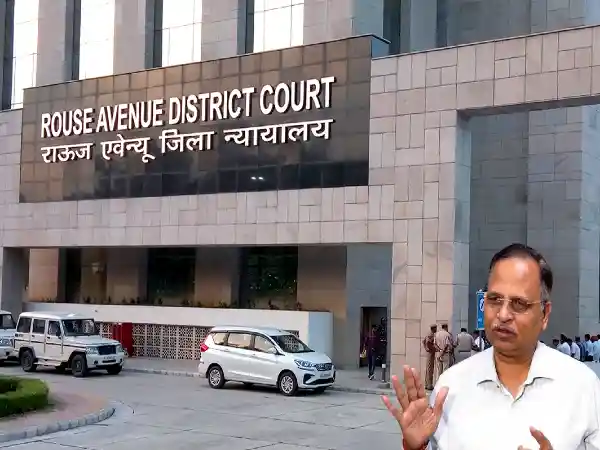
The Rouse Avenue Court on Thursday dismissed the bail petition
of Delhi Minister Satyender Jain in the Enforcement Directorate (ED) case and
said the accused he had knowingly done such activities to obliterate the
tracing of the source of ill-gotten money and accordingly, the proceeds of
crime were layered through Kolkata-based entry operators in a way that its
source was difficult to decipher.
“Hence, the applicant or accused Satyender Kumar Jain has prima facie
indulged in the offence of money laundering of more than Rs 1 crore. Further,
the offence of money laundering is a serious economic offence and the view
of the Supreme Court of India with regard to economic offences is that they
constitute a class apart and need to be visited with a different approach in the
matter of bail,” said the Court.
The Special Judge Vikas Dhull on Thursday dismissed the bail petitions of
Satyender Jain and two others and said that the Supreme Court has held that
“the economic offences have deep-rooted conspiracies and involve a huge
loss of public funds that need to be viewed seriously and considered as grave
offences affecting the economy of the country as a whole and thereby posing
a serious threat to the financial health of the country.”
Hence, the accused Satyender Kumar Jain is not entitled to the benefit of bail
having
regard to the twin conditions provided in Section 45 of the PMLA. The
application of the accused Satyender Kumar Jain is dismissed, the court said.
The Court also noted that co-accused Vaibhav Jain and Ankush Jain had
declared entire accommodation entries of Rs 16.50 crore including Rs 4.61
crore received during the check period as their own unaccounted income was
also done with a view to show that the entire unaccounted income is untainted
and belongs to them.
However, the material which has come on record shows that the declaration
made by co-accused Vaibhav Jain and Ankush Jain under the IDS, 2016 on
27 September 2016, was not a true disclosure as accused Satyender Kumar
Jain had also provided cash during the check period, which is prima facie
established from the statement of witnesses.




